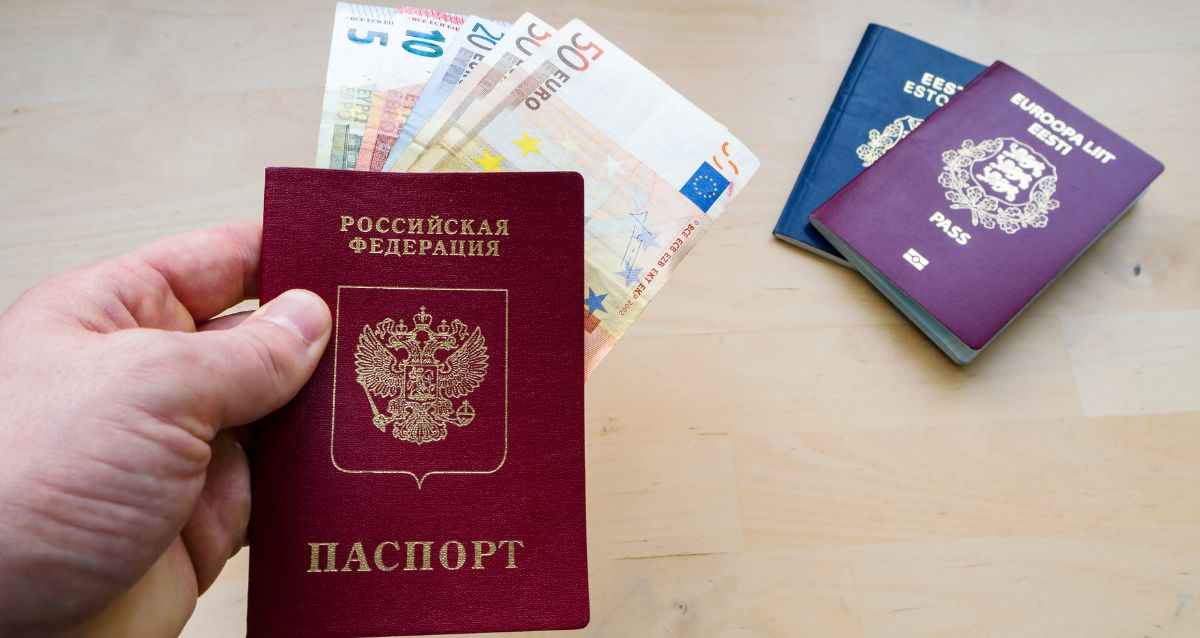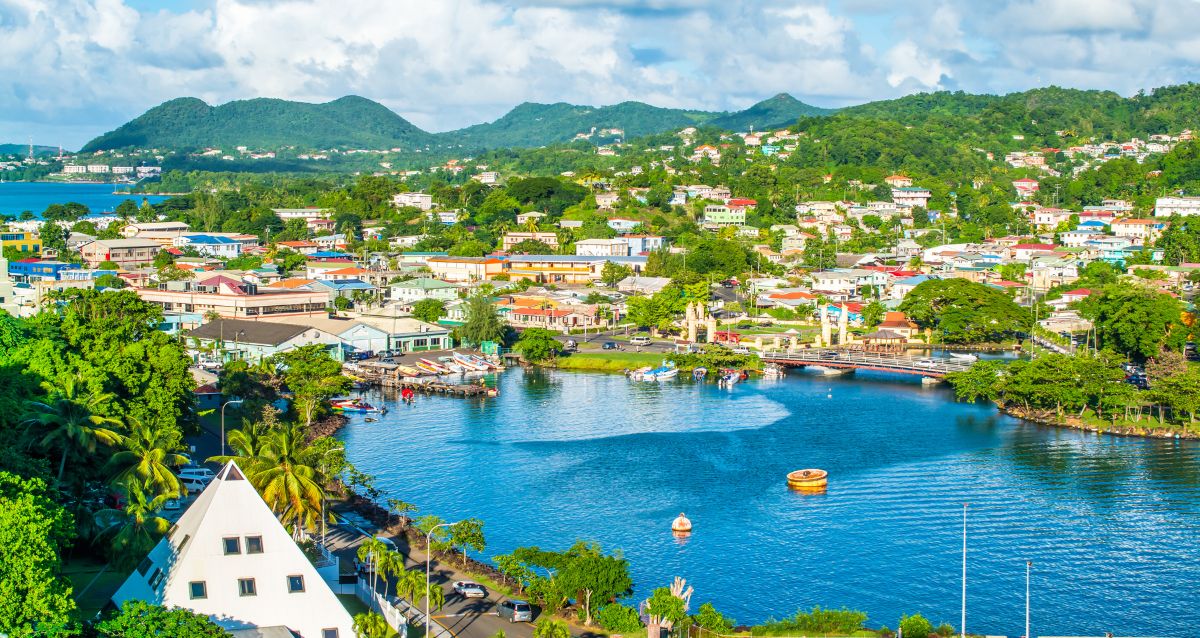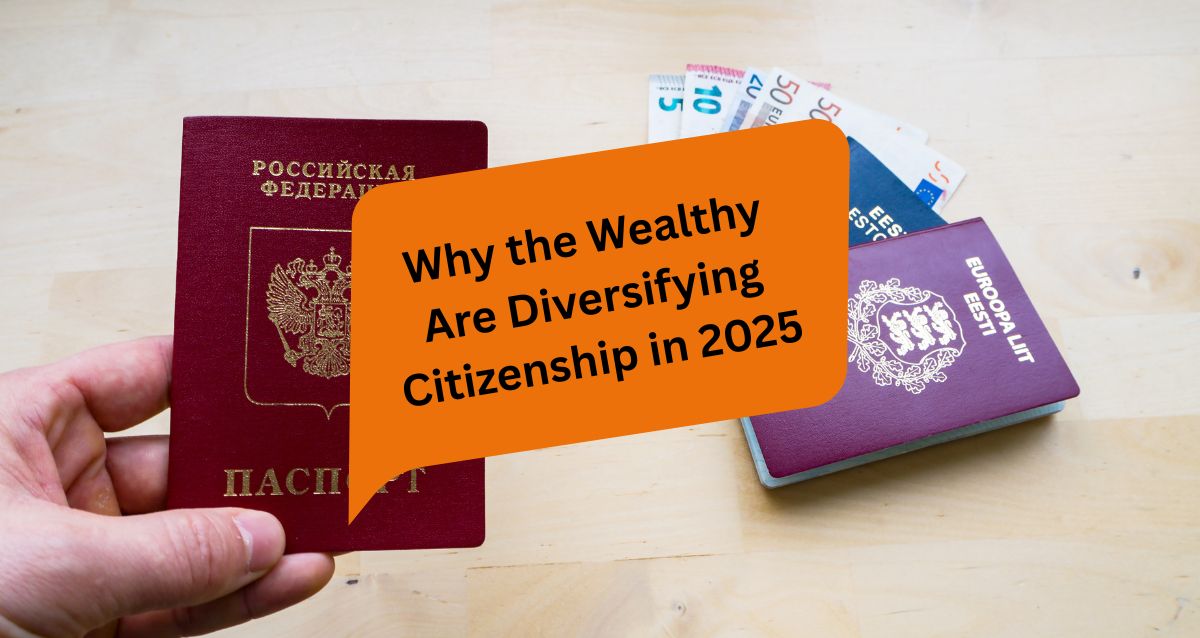Don't Wait for a Crisis: Citizenship Strategies in 2025
In a world marked by economic uncertainty, political unrest, rising taxation, and pandemic-driven restrictions, wealthy individuals are no longer waiting for a crisis to take action. They are proactively diversifying citizenship in 2025 to secure their future, protect assets, and expand global mobility.
A second passport is no longer just about visa-free travel; it’s about wealth preservation tax optimization crisis planning, and freedom of choice . In this blog, we’ll explore how and why high-net-worth individuals are turning to citizenship diversification through legal pathways like citizenship by investment (CBI) and what makes it one of the most strategic moves you can make this year.
What Does Citizenship Diversification Mean?
Citizenship diversification is the process of acquiring an additional passport or residency in another country, often via CBI or Residency by Investment (RBI) programs.
For the wealthy, it's a form of insurance - ensuring that their freedom, assets, and family security aren't tied to the fate of a single country.
In 2025, with countries enacting stricter taxation laws and unpredictable geopolitical shifts, the need for a citizenship diversification strategy is greater than ever.

Why the Wealthy Are Getting Second Passports in 2025
1. Political and Economic Stability
Whether it's conflict, populism, or policy instability, many HNWIs are relocating assets or relocating themselves to neutral, economically stable nations.
CBI programs in the Caribbean and Europe offer passports from countries with:
- Stable governments
- Pro-investment policies
- Neutral foreign relations
2. Asset Protection Through Citizenship
One of the top motivations for wealthy families seeking second citizenship is the ability to shield assets offshore. Citizenship in a second country opens doors to:
- Global banking
- Offshore trust formation
- Real estate investment in tax-neutral zones
3. Tax Optimization
Countries like St. Kitts & Nevis, Grenada, and Dominica offer:
- No wealth tax
- No inheritance tax
- No capital gains tax
This makes second citizenship a strong tool for pre-crisis wealth planning with dual citizenship.
4. Visa-Free Global Mobility
With a second passport, you can access over 140+ countries without applying for a visa. This includes:
- Schengen countries
- UK
- Singapore & Hong Kong
It's not just about travel. It's about access to global markets, education, and freedom of movement in emergencies.
5. Family Security and Succession Planning
Citizenship diversification isn't only about the principal applicant. It includes:
- Spouse
- Children (often up to age 30)
- Parents and grandparents
In some jurisdictions, it even includes siblings. This ensures continuity, access to global education, and generational wealth transfer.
Citizenship Diversification vs. Crisis Management
Don't Wait for the Next Lockdown, War, or Economic Collapse
During past global crises (COVID-19, War, currency devaluation), those who had second citizenship were able to:
- Leave their country quickly
- Relocate families
- Keep businesses running globally
Those who didn't? Faced border closures, asset freezes, and red tape.
That's why smart investors in 2025 are not waiting for a crisis to get started.
Build a Citizenship Safety Net
Like any good portfolio, having diversified citizenships is part of a well-rounded wealth strategy. It complements:
- Tax planning
- Real estate investment
- Offshore banking
- Succession structures
Best Second Citizenship Options for Wealthy Individuals in 2025
Grenada
- Investment: $235,000 (donation) or $270,000 (real estate)
- Visa-free: 145+ countries
- Unique Benefit: E-2 Visa treaty with the U.S.
St. Kitts & Nevis
- Investment: $250,000 (donation) or $325,000 (real estate)
- Visa-free: 150+ countries
- Legacy: World's oldest CBI program
Antigua & Barbuda
- Investment: $230,000 (donation) or $300,000 (real estate)
- Visa-free: 150+ countries
- Family-friendly: Ideal for large families
Dominica
- Investment: $200,000 (donation) or $200,000 (real estate)
- Visa-free: 140+ countries
- Cost-effective: One of the most affordable routes
St. Lucia
- Investment: $240,000 (donation) or $300,000 (real estate)
- Visa-free: 145+ countries
- Family-friendly: Ideal for large families

What Global Events Are Triggering Citizenship Diversification in 2025?
- Global Minimum Tax Laws: OECD and G20 pushing for tighter tax reporting.
- Residency-based Taxation Policies: Some countries taxing citizens even if they live abroad.
- Digital Nomad Crackdowns: Tighter scrutiny on online income & foreign-sourced revenue.
- Climate Risks & Political Migration: Wealthy families hedging risks by choosing Caribbean islands and stable EU states.
Legal Basis for Dual Citizenship
Most Caribbean countries legally allow dual citizenship under their CBI laws:
- Grenada: Citizenship by Investment Act, No. 15 of 2013
- Dominica: Citizenship Act, Chapter 1:10 (amended 1993)
- St. Kitts & Nevis: Citizenship Act, Cap. 1.05
However, investors should check with their home country as not all jurisdictions permit dual nationality.
How to Get Started with Citizenship Diversification
1. Identify Your Objectives
* Is your goal tax savings, visa-free travel, or business access?
2. Choose the Right Program
* Align your budget and family needs with the right CBI program.
3. Gather Documents
* Passport, financial documents, police clearance, etc.
4. Submit and Await Approval
* With proper due diligence, processing takes 3-6 months.
5. Secure Your Passport and Plan Next Steps
* Access new markets, open foreign accounts, expand investments.
Why Choose Flyingcolour for Your Citizenship Diversification Journey?
1. 20+ Years of Expertise
Our team has advised HNWIs, entrepreneurs, and families globally.
2. Authorized & Ethical
We work with government-approved agents and properties only.
3. Tailored Wealth + Citizenship Planning
We align your citizenship diversification with your financial goals.
4. Full Legal & Tax Support
We ensure you remain compliant with global tax regulations while maximizing benefits.
5. Lifetime Post-Citizenship Assistance
We support:
- Renewals
- Family additions
- Asset protection strategies
Frequently Asked Questions (FAQs)
Q1. What is the best country for second citizenship in 2025?
It depends on your goals. For U.S. access, Grenada. For low cost, Dominica. For family inclusion, Antigua.
Q2. Will I be taxed on global income with a second passport?
Not in most Caribbean countries. They follow territorial or non-tax regimes.
Q3. Can I apply without relocating?
Yes. Most programs have no residency requirement.
Q4. Is the investment refundable?
Donation-based routes are non-refundable. Real estate options can be sold after 5 years.
To learn more about Why the Wealthy Are Diversifying Citizenship in 2025, book a free consultation with one of the Flyingcolour® team advisors.
This article was published on 25-06-2025. The information provided in the article is based on the policies and rules applicable at the time of writing it. Talk to one of our consultants for any recent updates or changes.
